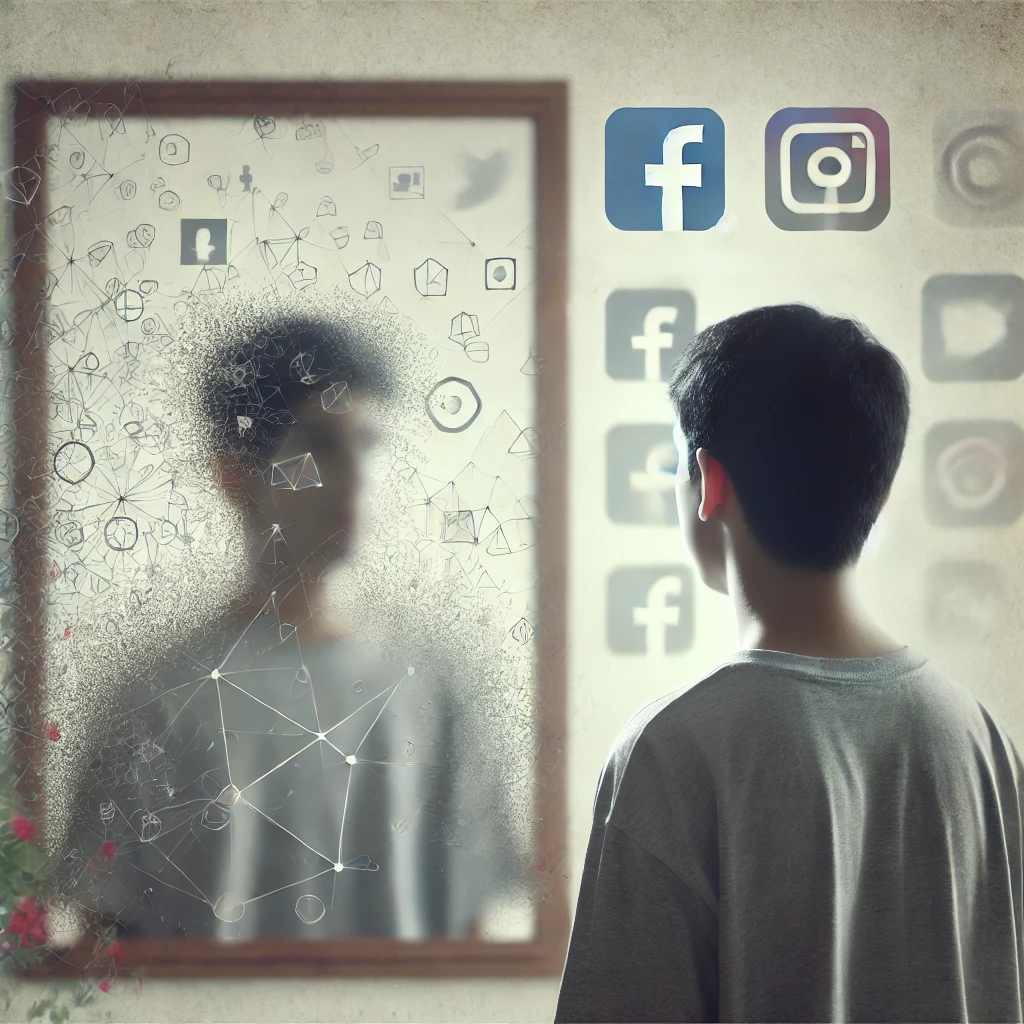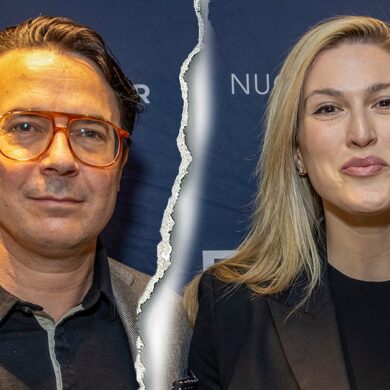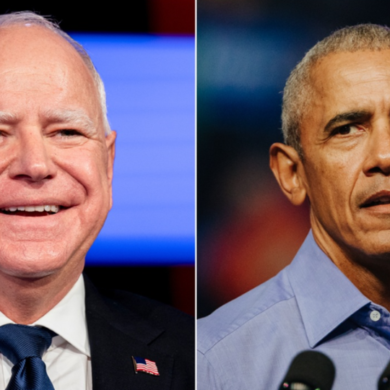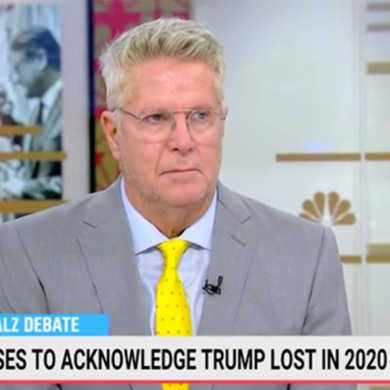The Impact of Social Media on Body Image and Self-Esteem
In today’s digital age, social media has woven itself into the fabric of our daily lives. Platforms like Instagram, Facebook, TikTok, and Snapchat have transformed the way we connect, share, and communicate. However, alongside the advantages of instant connectivity and the democratization of voice, social media has also raised significant concerns, particularly regarding its impact on body image and self-esteem.
The Highlight Reel: An Unrealistic Portrayal of Life
One of the most profound effects of social media is the way it showcases a curated version of reality. Users often post beautifully filtered images that highlight their best moments, their perfect bodies, and their seemingly flawless lives. This phenomenon is often referred to as the “highlight reel” of life, and it creates a distorted benchmark for self-worth and physical appearance.
When users scroll through feeds filled with model-like figures, extravagant vacations, and lavish lifestyles, it can be easy to feel inferior by comparison. Research has shown that exposure to idealized images can lead to negative self-perception, as individuals may measure their worth based on unattainable standards. The pressure to conform to these ideals—whether in terms of body size, facial features, or fashion—can significantly impact self-esteem, especially among adolescents and young adults.
The Role of Influencers
Influencers play a pivotal role in shaping our perceptions of beauty and success. Many influencers promote unrealistic beauty standards, either intentionally or unintentionally, by showcasing edited images and endorsing products that promise to achieve that perfect look. The “like” economy has further commodified these standards, with individuals often valuing their self-worth based on social media approval.
While influencers can also promote body positivity and self-acceptance, the overwhelming presence of perfection can overshadow these positive messages. The paradox lies in their ability to inspire change while simultaneously perpetuating unattainable ideals. It’s essential for consumers of social media to critically evaluate the content they engage with and recognize the potential harm of these portrayals.
The Hunger for Validation
Social media platforms are often designed to encourage interaction through likes, comments, and shares. This quest for validation can lead individuals to seek external approval to feel good about themselves. When self-worth becomes contingent on the number of likes or follows, users may experience heightened anxiety and disappointment when their posts don’t receive the expected response.
This cycle fosters a toxic relationship with self-image, as people may alter their behaviors








